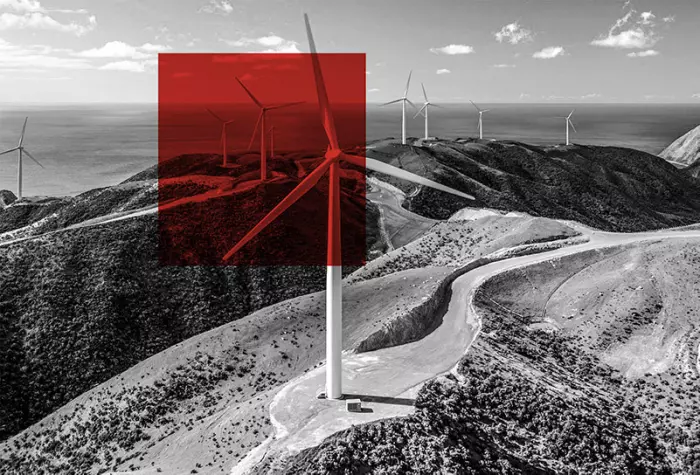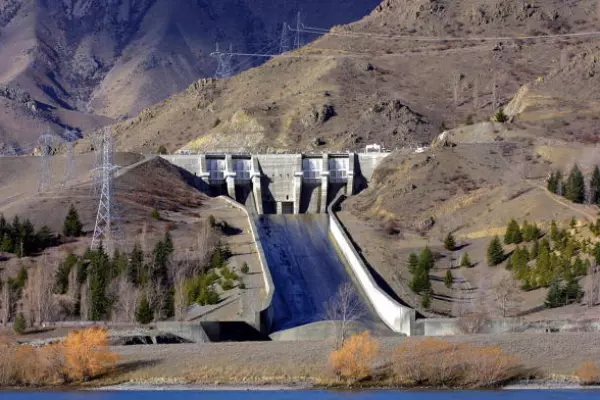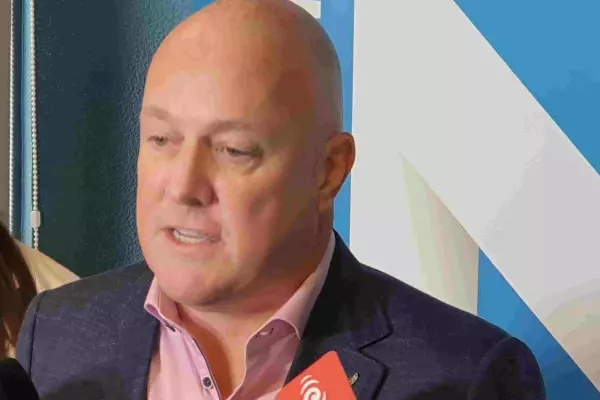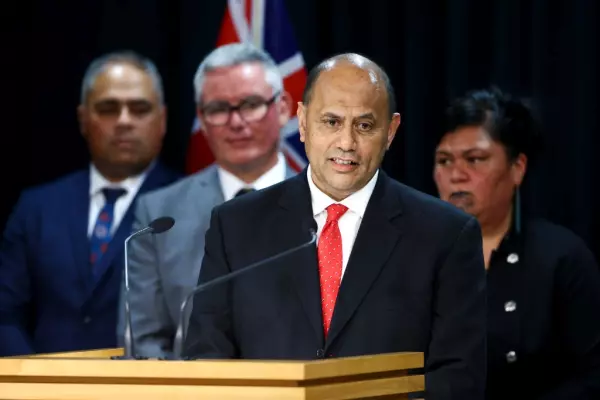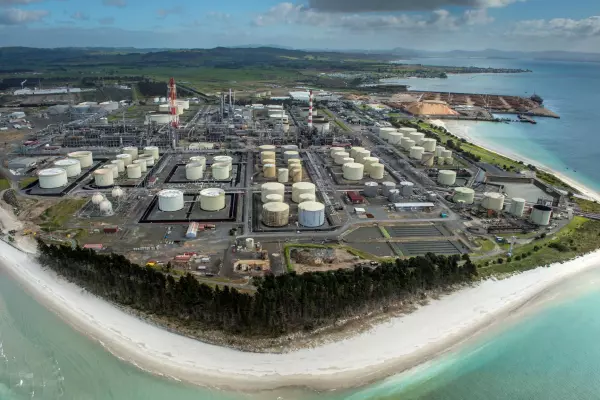Dear minister,
I don’t want to tell you things you’ll already know, but to understand where the energy industry needs to go, you’ll need to understand where it’s come from.
Back in 1999, ECNZ was split up and its “babies” were born — Mercury, Meridian and Genesis.
This was the final step in the break-up of ECNZ following the earlier creation of Transpower and Contact Energy.
At the time of the break-up, the government wanted to ensure it kept the Tiwai contract ‘whole’ and ECNZ was running a ‘chicken little’ campaign against the split happening at all. The result was a compromise where Meridian has been left with 55-to-60 percent of New Zealand’s hydro generation capacity and 35 percent of New Zealand’s generation supply.
Market power
For 21 years, we’ve been left with a sense of unfinished business.
The wholesale electricity market meets the Commerce Commission’s definition of a concentrated market with the three largest generators holding more than 70 percent market share. The Commerce Commission’s view is that each of the largest gentailers — Contact, Genesis, Meridian and Mercury — is likely to have substantial market power particularly during dry years and the ability to unilaterally increase wholesale prices during certain periods.
The Electricity Authority has tried to rely on trading conduct rules to prevent abuses of market power and market manipulation, but the gentailers claim the rules are uncertain. Meridian in particular has made it abundantly clear that it feels anything goes, and “there are no requirements to offer based on costs.” Unsurprisingly, us smaller players do not approve.
Instead of trying to stop what Meridian has labelled “economically rational behaviour” through trading conduct reforms, it has become clear that the best solution is to finish the reforms started in the 1990s with another round of structural reforms and break up Meridian.
The Telecom example
It would be so simple to do.
You could create a new generation-only state-owned enterprise made up of legacy hydro generation assets from Genesis’s Tongariro, Mercury’s Waikato River and Meridian’s Waitaki hydro stations. Lower prices and a more competitive electricity market would help pave the way to an ‘electrified’ future and lower carbon emissions.
Nearly 15 years ago, Telecom wasn’t delivering the broadband that New Zealanders wanted or deserved, and so government directed that it split its retail and its wholesale up. The result has seen a more competitive telco sector, and better service to Kiwis. It’s absurd that we allow ECNZ’s babies to do the same thing over a decade later.
The completion of the reforms could well dovetail elegantly with the government's recent announcement of a feasibility study into a stored hydro “battery” at Lake Onslow.
Powering down
Such an asset would need to be operated by an entity separate from the existing generators, which would align with the more immediate need for a reduction in the concentration of market power in the generation market.
Based on recent events, it is patently obvious to even the most uninformed observer that the current industry regime is not likely to deliver either the social or environmental outcomes of any of the major parties.
When there is such an elegant solution that delivers better competition, lower prices, and better environmental outcomes it seems an absolute no-brainer that we should go down that road.
So please minister, don’t be afraid to make big changes. It is how we get a brighter future.
Luke Blincoe is chief executive of ElectricKiwi.


